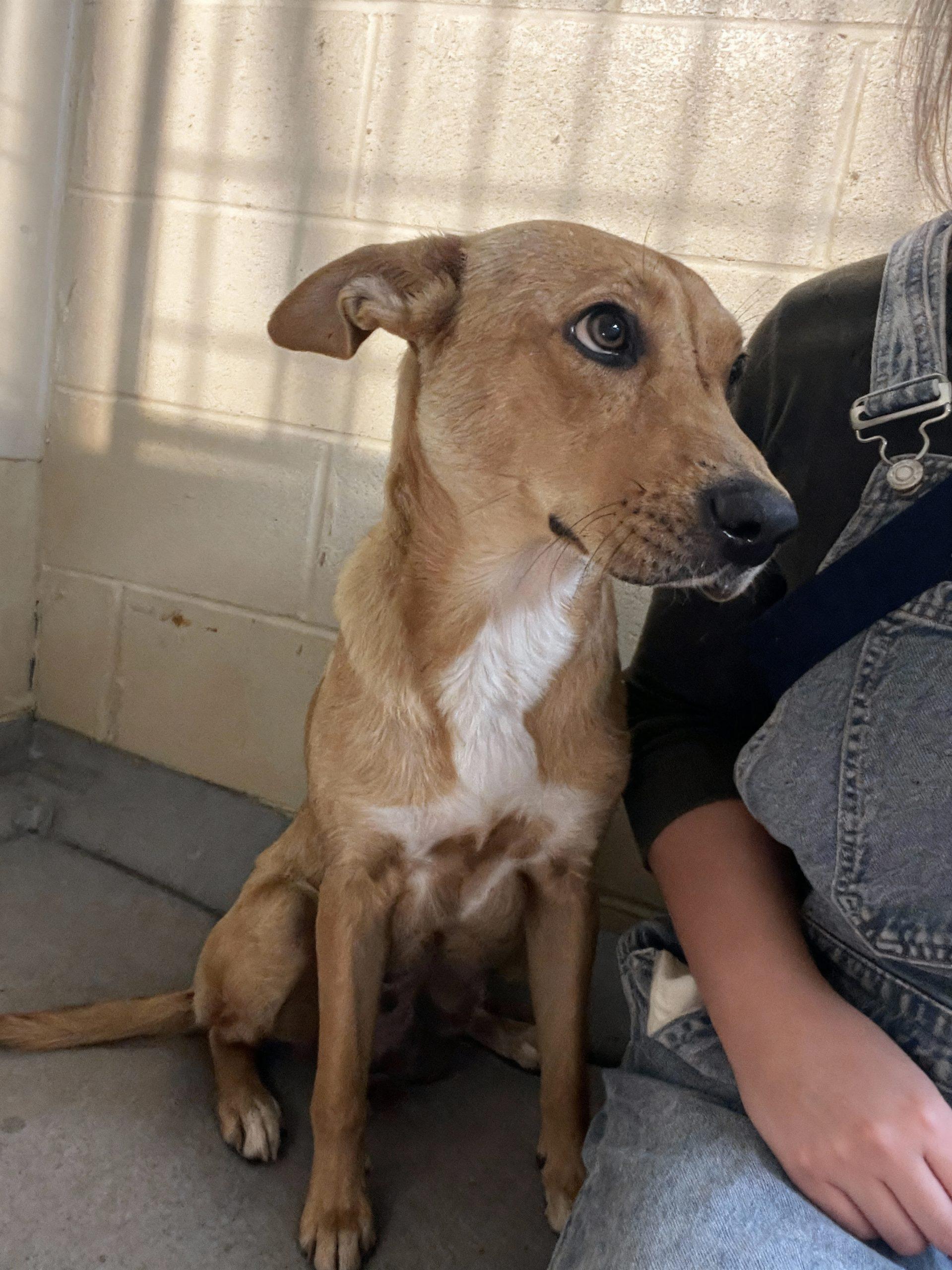In a world that constantly demands our attention, offering endless distractions and a relentless pace, there exists a profound and often overlooked connection that grounds us: the one we share with our pets. They are more than just animals; they are companions, confidantes, and mirrors to our own souls. The subtle tilt of a head, the expectant gaze, the quiet presence beside us—these small gestures speak volumes, weaving themselves into the fabric of our daily lives and enriching them in ways we may not even fully comprehend. From the playful antics that bring laughter to our homes to the comforting stillness shared after a long day, our pets offer an unconditional love and unwavering loyalty that stands as a testament to the powerful, unspoken bond between humans and animals. This relationship is a dynamic interplay of giving and receiving, a constant reminder of empathy, patience, and the simple joys of companionship. Their unique personalities, quirks, and needs encourage us to be more present, more attuned to the non-verbal cues, and ultimately, more compassionate beings. They teach us about resilience, about living in the moment, and about the profound beauty of pure, unadulterated affection. The journey of sharing our lives with these incredible creatures is a continuous lesson in love, responsibility, and the deep, intrinsic value of connection in an increasingly disconnected world.

Pets, particularly dogs, possess an uncanny ability to perceive and respond to human emotions. Their heightened senses and empathetic nature allow them to pick up on subtle cues that we might not even be aware we’re emitting. A sigh, a shift in posture, a change in vocal tone—these are all signals that our canine companions process, often leading them to offer comfort or solicit interaction precisely when we need it most. This intuitive understanding fosters a sense of being truly seen and understood, which can be incredibly therapeutic. For individuals struggling with stress, anxiety, or loneliness, a pet’s unwavering presence can be a powerful antidote, providing a stable source of affection and attention that helps to regulate mood and promote emotional well-being. The simple act of stroking a pet has been scientifically proven to lower blood pressure and reduce cortisol levels, highlighting the physiological benefits of these interspecies connections. Their demand for routine and attention can also provide a much-needed sense of purpose and structure, particularly for those who might otherwise feel adrift.

Beyond emotional support, pets play a significant role in promoting physical activity and healthy lifestyles. Dog owners, for example, are more likely to meet recommended daily exercise guidelines due to regular walks and playtime. These shared activities not only benefit the pet’s health but also provide opportunities for human exercise, fresh air, and engagement with the outdoors. A brisk walk with a canine companion can transform a mundane chore into an enjoyable outing, offering a chance to clear one’s head, observe nature, and interact with neighbors. This routine physical activity contributes to cardiovascular health, weight management, and improved mood, directly linking pet ownership to tangible health benefits. Moreover, the responsibility of caring for a pet—feeding, grooming, and training—instills discipline and encourages a more active role in one’s own well-being, as the symbiotic relationship often extends to mutual care. The commitment required to maintain a pet’s health inadvertently improves the owner’s health too, creating a positive feedback loop.

Pets also act as powerful social catalysts, fostering connections between people and breaking down barriers in social interactions. Walking a dog in a park or waiting at the vet’s office often leads to spontaneous conversations with other pet owners. These shared experiences create common ground, initiating friendships and strengthening community ties. For individuals who might struggle with social anxiety or isolation, a pet can serve as a non-threatening intermediary, making it easier to engage with others. The simple act of receiving a compliment about one’s pet can open the door to a deeper conversation, leading to lasting relationships. Pets provide a universal language, transcending cultural and linguistic differences, making them invaluable assets in building a more connected and compassionate society. They facilitate shared experiences and create opportunities for humans to bond over their mutual love for animals, expanding social circles and providing a sense of belonging.







